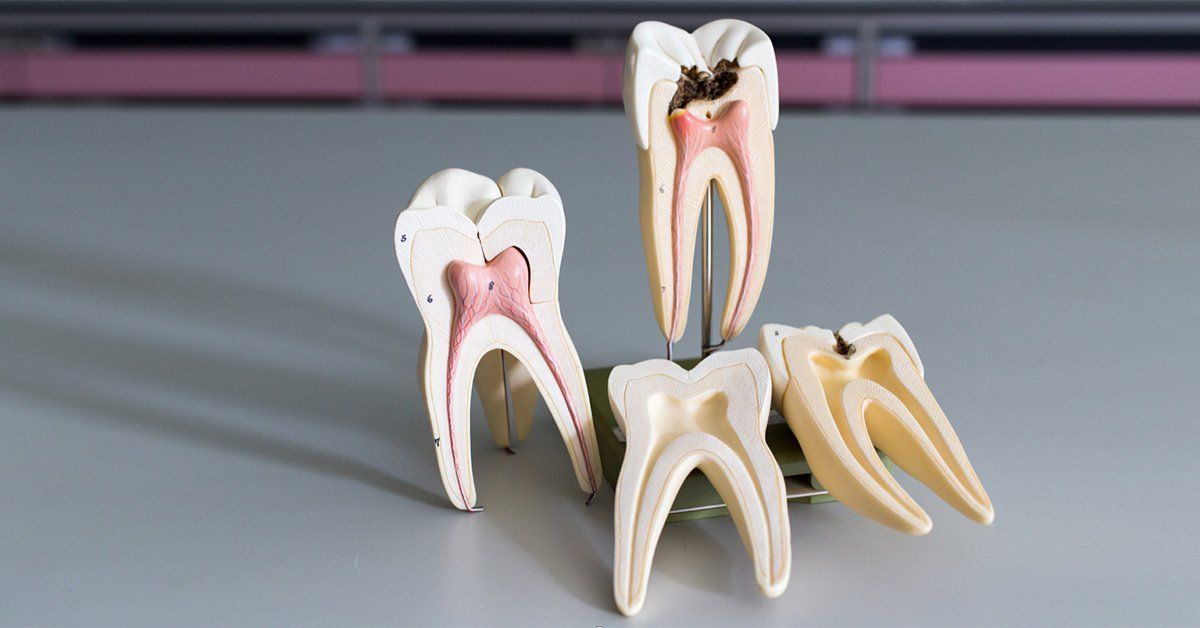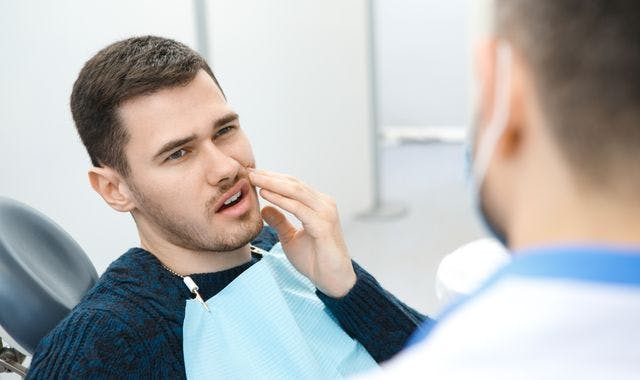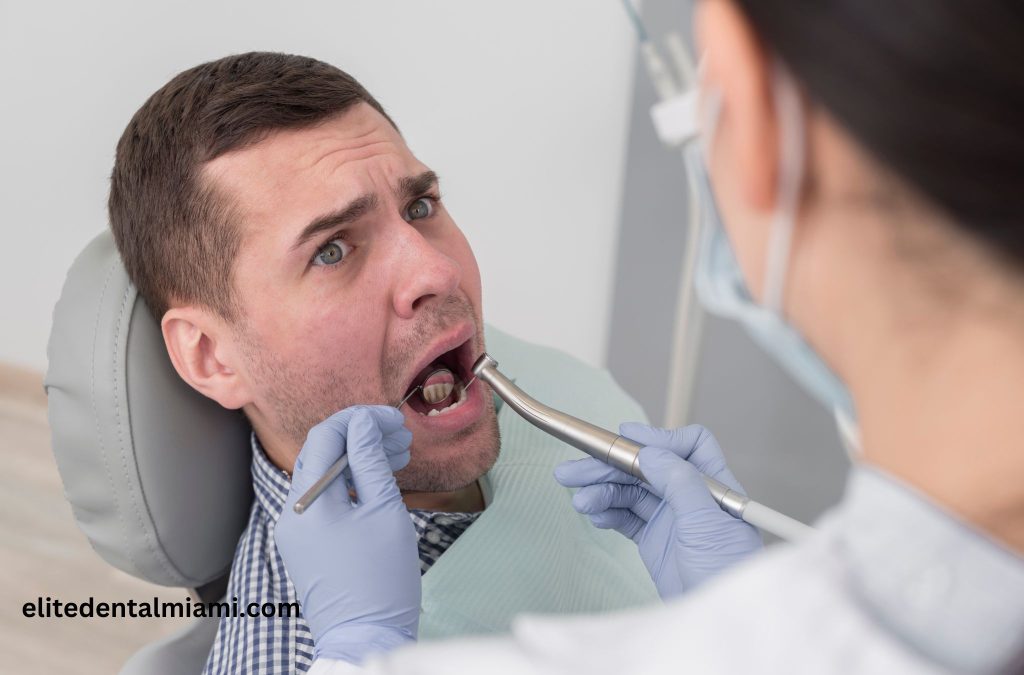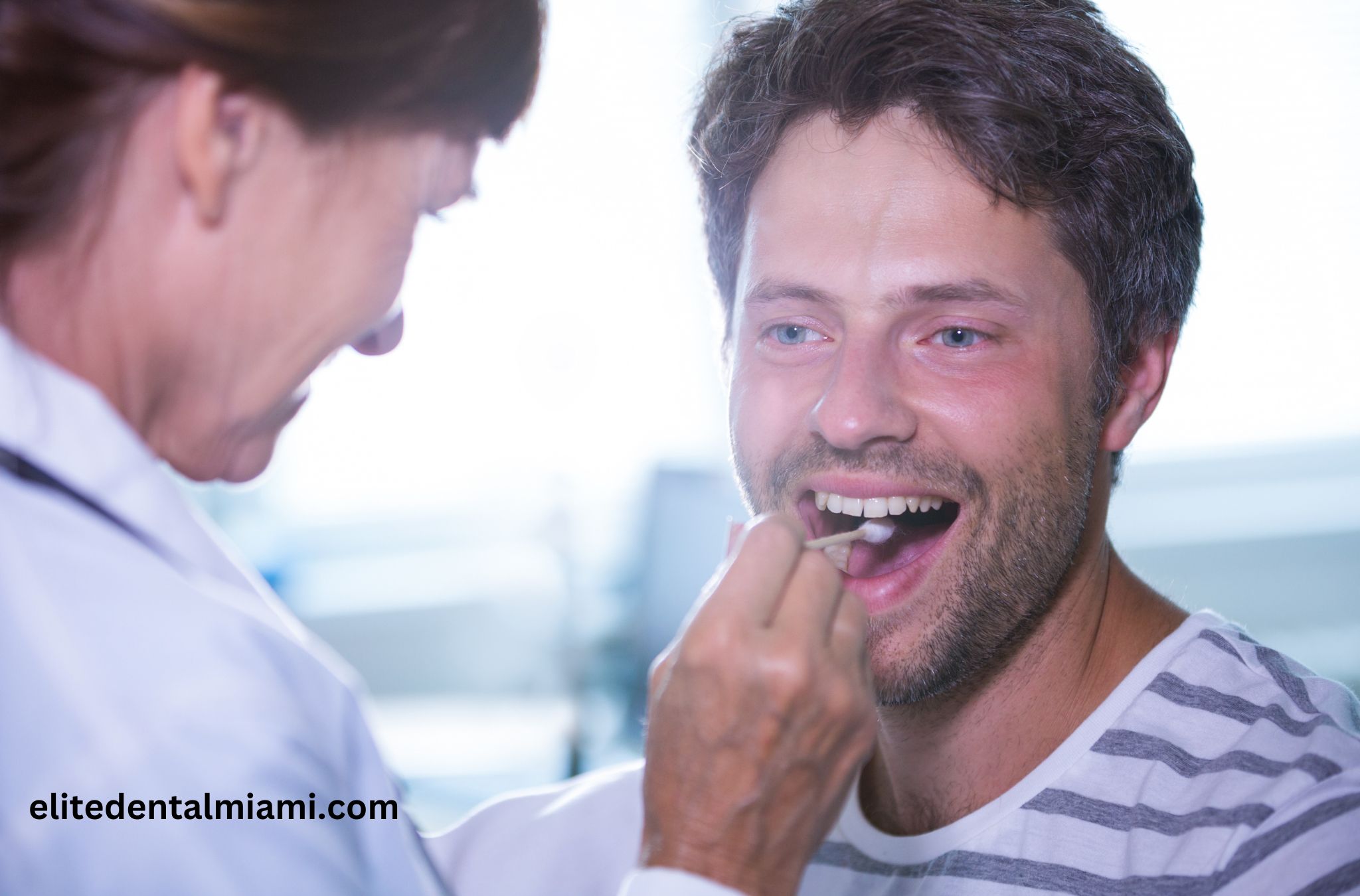Yes, you can talk after a root canal procedure. A root canal is a dental procedure that removes infected pulp from the tooth.
After the procedure, you may experience numbness in the treated area, but communication through speech is still possible. Talking after a root canal may be slightly difficult due to numbness, but it should not be a long-term issue. It is advisable to rest your mouth and avoid chewing hard foods immediately after the procedure to ensure proper healing.
Ultimately, being able to talk after a root canal is a positive outcome that allows you to resume your normal activities with the proper care and precautions.

Credit: www.sparkledental.com
Talking After A Root Canal
After undergoing a root canal, many patients may wonder about their ability to talk comfortably. On the immediate post-procedure, patients may experience articulation challenges due to the effects of the treatment. However, with proper care and patience, talking can become more manageable as the recovery progresses. Let’s explore the various aspects of talking after a root canal in more detail.
Immediate Post-procedure
Following a root canal, patients may experience some difficulty in talking, particularly if the affected tooth was located in a prominent position for speaking. This is often due to swelling and tenderness in the treated area. However, these issues are temporary and will subside as the healing process progresses.
Articulation Challenges
Articulation challenges after a root canal procedure may arise due to the presence of temporary numbness or discomfort in the affected area. This can affect speech patterns and pronunciation, but rest assured that these challenges are part of the normal healing process. It’s important to have patience as your body adjusts and heals.
Recovery Time
The recovery time for speaking comfortably after a root canal can vary from person to person. Generally, the initial discomfort and articulation challenges may last for a few days. As the swelling decreases and the treated tooth heals, normal speech patterns will gradually return. It’s essential to follow the post-operative care instructions provided by your dentist to support a smooth and speedy recovery.
Tips For Talking Comfortably
- Be patient: Give yourself time to adjust and heal.
- Avoid exerting pressure: Refrain from putting excessive strain on the treated area while speaking.
- Use the unaffected side: If possible, favor speaking and chewing on the unaffected side of your mouth.
- Stay hydrated: Keeping your mouth moist can help alleviate discomfort during speech.
- Communicate with your dentist: If you encounter prolonged or severe speech difficulties, consult your dentist for guidance.

Credit: www.sensodyne.com

FAQ On Can You Talk After A Root Canal
Can You Talk After A Root Canal?
Yes, you can talk after a root canal. The surgery does not damage your ability to talk. However, you may experience temporary numbness or discomfort in your mouth, which could make it difficult to speak immediately after the procedure. This should subside within a few hours or days.
Is it normal to experience pain following a root canal?
Some patients may experience mild discomfort or sensitivity after a root canal procedure. This is typical and should pass within a few days. Over-the-counter pain relievers can alleviate any discomfort. If the pain persists or worsens, it’s important to contact your dentist for further evaluation.
How Long Does It Take To Recover From A Root Canal?
The recovery time after a root canal varies from person to person. In general, it takes a few days to a week for the area to heal. During this time, you may experience some discomfort or sensitivity. It’s important to follow your dentist’s post-operative instructions for a smooth recovery.
Can I Eat Normally After A Root Canal?
After a root canal, it’s best to avoid eating on the treated side until the numbness wears off. Once the numbness subsides, you can resume eating normally. However, it’s advisable to avoid hard, sticky, or crunchy foods for a few days to prevent any damage to the treated tooth.
What number of days should you not do anything after getting a root canal?
Here are some general guidelines regarding activities after a root canal:
First 24-48 Hours: Rest and avoid strenuous physical activities. This includes heavy lifting, intense exercise, and any activity that may put stress on the treated tooth or the surrounding area.
Normal Daily Activities: You can typically resume normal daily activities such as walking and light work soon after the root canal. Listen to your body and avoid anything that makes you uncomfortable.
Avoid Pressure on the Treated Tooth: Be cautious while chewing or biting on hard foods with the treated tooth. It’s advisable to stick to softer foods initially and gradually reintroduce harder textures as you feel comfortable.
Follow Dentist’s Recommendations: Your dentist will provide specific post-treatment instructions. Follow these guidelines carefully, which may include taking prescribed medications, maintaining oral hygiene, and attending follow-up appointments.
Listen to Your Body: If you experience persistent pain, swelling, or discomfort beyond the initial recovery period, consult your dentist promptly.
Always remember that individual recovery experiences can vary, and it’s crucial to follow the guidance provided by your dentist. If you have concerns or specific questions about post-root canal care, don’t hesitate to reach out to your dental professional for personalized advice.
After a root canal, it is generally advisable to exercise caution when it comes to activities that may put pressure on the treated tooth or introduce the risk of infection. While light activities like kissing are generally not considered harmful, there are a few considerations to keep in mind:
When I get a root canal, can I kiss?
Immediate Post-Procedure Period: In the first day or two after a root canal, it’s essential to allow the treated tooth and the surrounding area to heal. During this time, it might be wise to avoid any intense or prolonged activities, including passionate kissing, to prevent unnecessary stress on the treated tooth.
Be Gentle: Once the initial recovery period has passed, being gentle is key. Avoid putting excessive pressure on the treated tooth, especially if it’s still sensitive.
Oral Hygiene: Maintaining good oral hygiene is crucial after a root canal. Make sure your mouth is clean, and you follow any post-treatment care instructions provided by your dentist.
Consult with Your Dentist: If you have concerns or specific questions about post-root canal activities, including kissing, it’s always best to consult with your dentist. They can offer individualized guidance depending on the particulars of your case.
Ultimately, individual recovery experiences can vary, and the guidance provided by your dentist should be prioritized. If you experience persistent pain, swelling, or any unusual symptoms, consult your dental professional promptly for proper assessment and guidance.
After getting a root canal, should I go directly to work?
After getting a root canal, it’s generally recommended to take it easy for a short period to allow your body to recover. Whether you can go directly to work after a root canal depends on several factors, including the complexity of the procedure, your pain tolerance, and how you generally feel after dental treatments. Here are some considerations:
- Immediate Post-Procedure Period: Directly after a root canal, it’s advisable to take some time off and not immediately return to work. The initial recovery period is crucial for allowing the anesthesia to wear off, and it’s common to experience some discomfort or numbness.
- Rest and Recovery: Give yourself at least a few hours, or ideally the rest of the day, to rest and recover after the root canal. This can help minimize any potential side effects and allow you to manage any initial discomfort.
- Pain Management: Your dentist may prescribe pain medications or recommend over-the-counter pain relievers. It’s a good idea to take these as directed to manage any post-procedure discomfort.
- Follow Dentist’s Recommendations: Always follow any post-treatment instructions provided by your dentist. This may include avoiding certain activities, taking prescribed medications, and attending follow-up appointments.
- Listen to Your Body: If you feel well enough to return to work and your job doesn’t involve strenuous physical activity, you may consider going back. However, it’s crucial to listen to your body and not push yourself if you’re still experiencing significant discomfort.
- Consider the Nature of Your Work: If your job involves physically demanding tasks or if you have a busy and stressful work environment, you might want to take an extra day off or adjust your workload.
Conclusion
You should be able to talk after a root canal, but you may experience temporary discomfort or difficulty. It’s important to follow your dentist’s post-procedure instructions for a smooth recovery. With proper care, you can look forward to speaking comfortably and confidently once again.
Remember, open communication with your dentist is key to addressing any concerns.

I am a dentist and also blog regularly. my target audience is America Europe & providing regular information for them.
